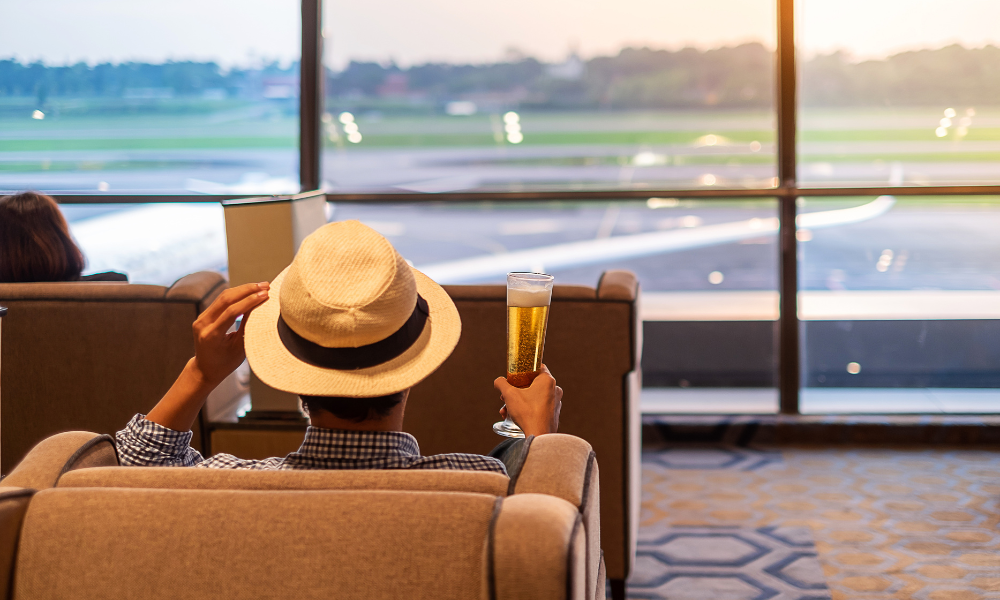
'Extremely intoxicated' worker allegedly harasses other people

The Fair Work Commission (FWC) recently dealt with a case that tested the boundaries of workplace conduct during work-related travel.
The worker argued that her behaviour in an airport lounge was during personal time and questioned whether actions while heavily intoxicated could constitute deliberate misconduct.
The case raised important questions about when and where workplace policies apply, particularly during transit periods before and after shifts.
It also examined whether conduct outside regular work hours could be a valid reason for dismissal when there's a connection to employment.
The worker was a fly-in-fly-out (FIFO) production technician earning $130,192 annually at a mining operation. She had worked for the employer since March 2019 and was scheduled to fly from Brisbane to Moranbah to start her next rostered shift.
On July 18, 2023, the worker arrived at Brisbane Airport heavily intoxicated before her scheduled flight. There were reports of alleged harassment committed by the worker before and during the trip.
She went to the Qantas lounge where several co-workers were also waiting for the same flight. The worker later acknowledged being "extremely intoxicated" upon arrival and continued drinking at the lounge.
Two formal complaints triggered the employer's investigation. A production supervisor first reported the incidents after hearing about them from other workers. Later, a co-worker involved in the flight incident filed a formal complaint through the company's ethics reporting system.
The worker argued the lounge incident happened during personal time. Her representative said: "[The worker] was indistinguishable from the general public in the Lounge." She also claimed that being asleep during the flight meant she couldn't have made conscious decisions about her behaviour.
The employer disagreed with the personal time argument, saying: "[The worker] was only present in the Lounge by reason of employment... waiting to board a flight to their place of work to commence their roster swing and which was booked for by [the employer]."
About the flight incident, the Commission noted: "This was not a case of strangers interacting on public transportation. This was two co-workers undertaking work-related travel. [The co-worker] was not simply inconvenienced."
After the incidents, the worker took five weeks of leave and sought medical help. She had been sober since July 19, 2023. Upon returning to work, she reported feeling ostracised due to workplace gossip about the incidents.
The Commission considered whether intoxication could excuse the behaviour. It concluded: "[the worker's] level of intoxication may well have hindered her capacity to assess the impact that her conduct may have had on [the co-worker], however it does not and cannot excuse it."
The worker sought reinstatement or six months' compensation. However, the Commission found: "Having considered all of the relevant evidence and submissions, I find that [the worker's] actions were a serious breach of [the employer's] Code of Conduct and Charter of Values and were a valid reason for dismissal."
The case reinforced that behaviour during work-related travel falls within the scope of employment policies, even outside standard work hours.
The Commission found both alleged incidents - harassment in the lounge and sexual harassment on the flight - were proven based on multiple witness statements, and the employer had followed proper dismissal procedures.